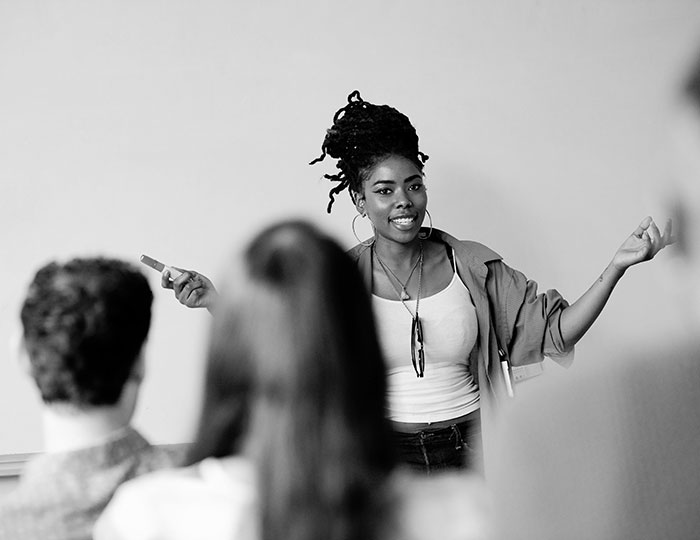Yesterday’s full English breakfast of a post on public service reform hasn’t elicited too many responses. I had promised to elaborate on some of its themes but I feel now like an over keen dinner party host trilling from the kitchen that ‘there’s plenty more if anyone wants seconds’ - impervious to the sound of the dog munching away at the firsts it has been surreptitiously fed by desperate guests.
So here instead are a few tasty titbits:
What shall we do with the redundant consultants?
First, a call for ideas: the news that the Sustainable Development Commission is to join the growing list of doomed quangos means that there will be even more intelligent people with skills in the general area of research, evaluation, communication and co-ordination coming into what is already a massively overcrowded market. There are thousands more people wanting to be consultants at just the time when public sector demand for consultants is likely to dive. So what is to become of these people? Is there some kind of link to the problem of who is going to organise the Big Society in disadvantaged communities. What kind of incentives might be used to encourage some of these talented, public spirited, professionals to offer their skills freely or very cheaply?
Can the Big Society get out of the Moral Maze?
Those who are interested in the Big Society debate - and the splendid Tessy Britton has about thirty people involved in an on-line conversation – may want to tune into the Moral Maze tonight (Radio 4 eight o’clock), which is exploring the Prime Minister’s big idea. Given the politics of the other panellists I suspect that for the purposes of the programme I may be press ganged into being a Big Society sceptic. But, however I perform, there are some great witnesses, including the ubiquitous Phillip Blond and Nick Pearce, the deeply wise former head of the Number Ten policy unit.
Agreeing to differ
Tomorrow we are hosting a debate between, on the one hand, Richard Wilkinson and Kate Pickett authors of ‘The Spirit Level’ with its argument that inequality screws up the whole of society and, on the other, researchers commissioned by the right of centre think tank, Policy Exchange, who say the whole thesis is deeply flawed.
In my role as chair I will be attempting to achieve what I described in last year’s annual lecture as a ‘transcendent’ moment in debate; when it is possible to identity what it is people actually disagree about. This in my experience is very rare as most political and policy debate comprises people making erroneous allegations about what the other side thinks. So I am hoping for more light than heat tomorrow. But given that supporters of both sides have apparently been rallying their troops it’s not going to be easy.
Related articles
-
How to be an anti-racist educator
Laura Partridge
Reflecting, thinking long-term, and fixing what’s wrong with our schools.
-
The broader purpose of the environmental movement
Hila Chenzbraun Philipa Duthie
How can environmental movements tackle the climate crisis and social and racial injustice?
-
Can education be a remedy for racism?
Adarsh Ramchurn
It is clear that coronavirus is exposing longstanding inequalities. Work needs to be done to combat the Covid-19 pandemic - but also the racism pandemic.




Be the first to write a comment
Comments
Please login to post a comment or reply
Don't have an account? Click here to register.